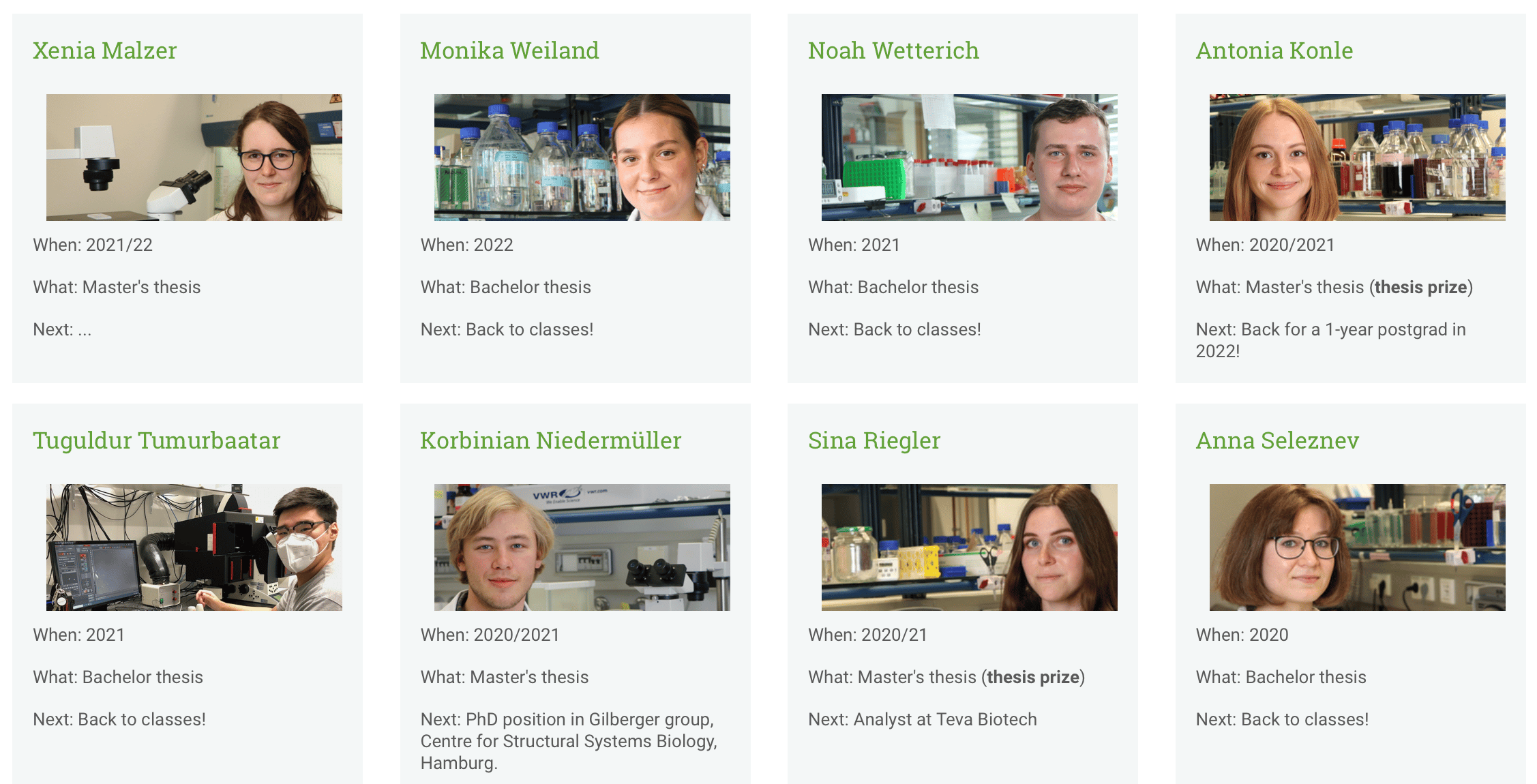

I might have left academia, but I’ve no regrets about staying as long as I did.
When there were only two more weeks to go, I think I had an insight now into how my PhD supervisor felt just before he retired. With departure being so imminent, it’s easy for the mind to dwelling on all the things that didn’t get done, that didn’t get finished, that didn’t work out. The goals not achieved, the shortcomings, the what-might-have-beens.
But when I think of how hard I’ve been working for the last eight years, I know I must have gotten a lot done – it’s just not in the areas that I first envisaged. So much of performance is down to circumstances, and a lot of what makes running a junior group so hard comes from adapting expectations to circumstances. Given that I raised 100% of my own salary for seven years, had no direct financial support from the department, and was only working with undergraduate students the whole time, the notion that I could run a powerhouse research programme is fantastical (how could I ever have let myself believe otherwise?).
So what did I achieve? Since I sent in my resignation, the emails I’ve received from former students in the lab, the messages I’ve got from former attendees of my lectures, the conversations with staff at the university, these things have all indicated that my time and my efforts were noticed and appreciated. I was a good lecturer, I was a good supervisor, I was a good mentor, and I was a good colleague.
That alone tells me that the time was well-spent, and that I’ve had an influence on the training and the outlook of many young scientists. And that will last a lot longer than the citation tails of any of my research papers.
I am leaving academia as an immensely better scientist and leader. My PhD and postdoc periods gave me bench experience and turned me into a good researcher; the last eight years let me hone my mentorship style and project management skills. One advantage of having nobody in the group for more than nine months is that you get really really good at supervising those critical first 5-6 weeks.
Most small business only last a few years, if that, and a research group is much like a small business. It’s OK to move on to doing something else. When only 1% of PhDs get tenure, and when so many of the factors that determine whether a scientist gets a permanent academic position are out of our direct control, we certainly should not be seeing tenure as the only end goal. Instead, it’s just one of many possible final destinations.
The question is, when is the right time to leave?
I definitely wasn’t ready to leave academia after my PhD. I definitely should have given it more thought after my postdoc period, but I still felt I had unfinished business and new things to learn – I wanted to have my own group, and I wanted to start passing on the research skills I’d acquired. But I’m ready now. It would have been nice to have supervised one PhD in these eight years of running a group, but I guess I’ve been able to directly reach more people by mentoring the 40+ undergraduates that passed through instead.
With hindsight, I think all academics should be asking themselves this at each juncture in their career: if I stay, what will I learn and what will I gain by staying, and do I really want to learn and gain those things? If you can answer those questions positively, then you have a reason to stay. If you can’t, then you might only be staying because you’re afraid of making a change (don’t be!), or you haven’t really sat down and thought about the alternatives (find out!).
Would I still have joined the department, knowing what I do now? Yes, absolutely. The difference is that I would have planned my exit in a more structured way and developed an alternative career plan at a much earlier stage.
Would I have done the same after joining? More or less, yes. There’s clearly some things I wish I’d known about the structure of German academia that I do know, but I don’t think I could have done much differently, given the circumstances at hand.
Would I still have supervised all those students? Yes, 100%. I didn’t come to be a postdoc, I came to be a group leader, and it was an absolute pleasure to see so many of them pass through the group. To assume responsibility for their scientific training, to instil the values that underpin good research practice, to see them contributing to frontline research – these sensations have been a joy.
My students are the reason I have no regrets.
(Originally published on Total Internal Reflection - here.)





Join the FEBS Network today
Joining the FEBS Network’s molecular life sciences community enables you to access special content on the site, present your profile, 'follow' contributors, 'comment' on and 'like' content, post your own content, and set up a tailored email digest for updates.